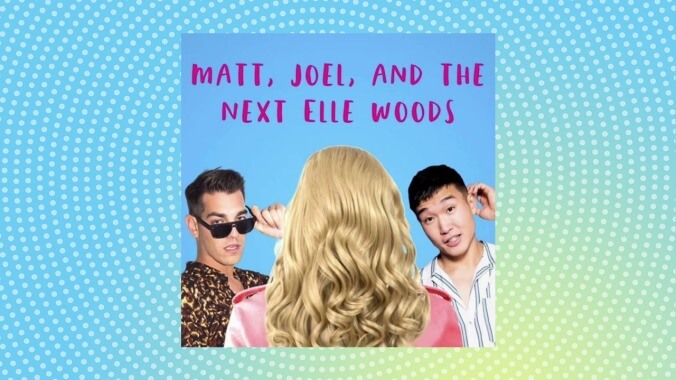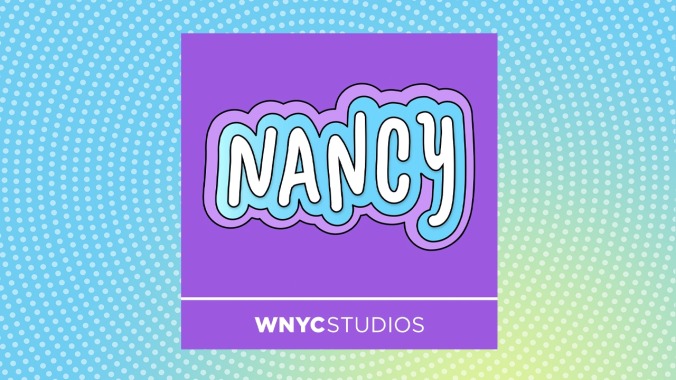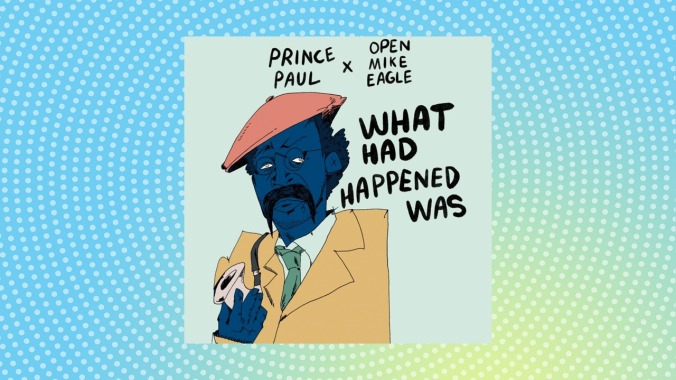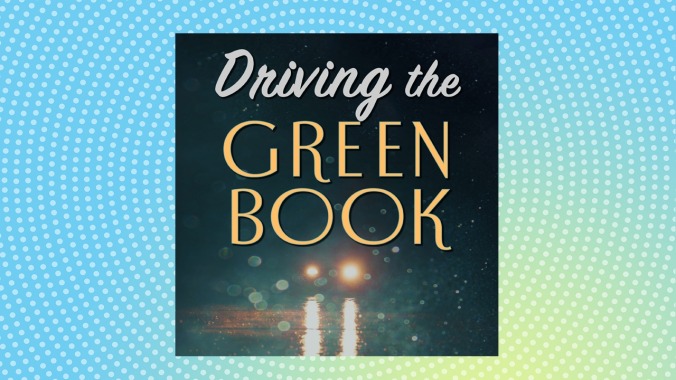The most notable podcasts of 2020
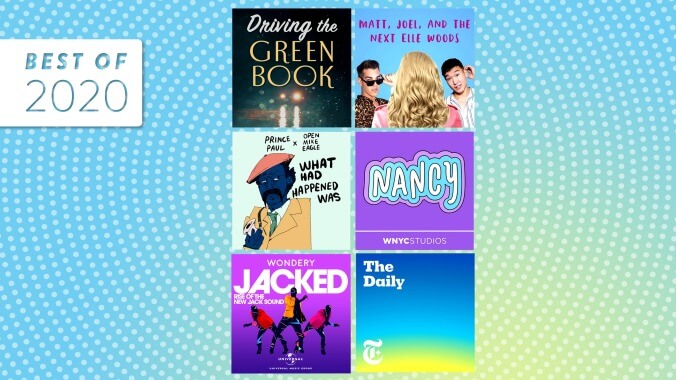
There was almost no week of 2020 that didn’t present podcast creators with a series of challenges both technical and emotional, and every series was forced to solve for an onslaught of unknowns. Chatter shows of all stripes had to ask, “Am I contributing to the discourse in a meaningful way?”—a question that they might never have had to confront before. When the nation is marching in protest of police brutality, do you stick a disclaimer on your prerecorded TV recap podcast, or do you power through with the assumption that your audience comes to your series to escape? When a global pandemic forces recording studio closures, how do you account for the distance between hosts? In spite of seemingly insurmountable obstacles, our favorite podcasts, just like the listeners who downloaded them, somehow made it through 2020. Here, we call out some of the series that offered comfort, catharsis, and enlightenment in this most unusual year.

